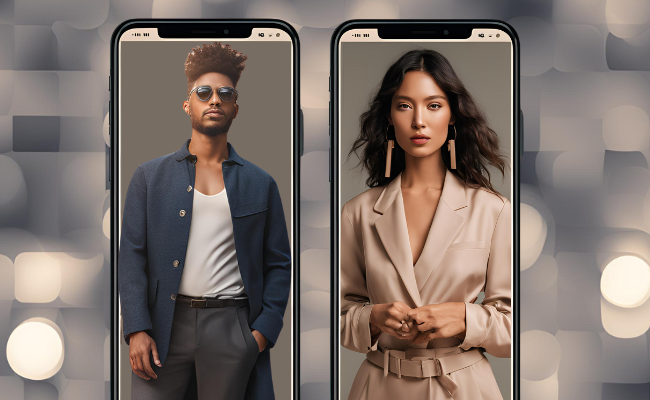Introduction
The rise of AI is no longer a distant future—it’s here, and it’s reshaping industries in ways that were once unimaginable. One sector seeing rapid change is influencer marketing, where the line between human and virtual influencers is blurring. Brands, marketers, and even consumers are now asking the same question: how does authenticity survive in a world where virtual profiles can influence just as powerfully as humans?
The Rise of AI-Driven Influencers
Imagine scrolling through Instagram and wondering if the person you’re following is real or an AI-generated creation. Virtual influencers are quickly becoming a force in the industry, offering brands new opportunities—but also raising serious concerns. While these AI profiles can boost efficiency and reach, they also challenge the very essence of trust and credibility in marketing. Do you already know how to differentiate between what’s real and what’s not?
What This Means for Brands
For companies, this shift presents both a challenge and an opportunity. Authenticity has always been key to influencer marketing success, but in the age of AI, maintaining that authenticity will take more strategic thought. Virtual influencers can deliver consistent messaging, operate around the clock, and cater to niche audiences with precision, but they lack the emotional depth and personal connection that human influencers bring. How do brands ensure their marketing stays true to their values while embracing this new technology? Striking the right balance will require brands to critically assess which types of influencers align with their message and audience. The evolving landscape may also demand stricter internal guidelines on how to engage with both virtual and human influencers to preserve brand integrity.
The Future of Influencer Marketing
As virtual influencers take the stage, new regulations, labeling practices, and audience preferences will emerge. The introduction of mandatory disclosures on AI-generated content will play a significant role in fostering transparency and maintaining consumer trust. As brands navigate this new reality, they’ll need to rethink their budgets and approaches to influencer collaborations. Virtual influencers may be more cost-effective, but human influencers bring creativity and spontaneity that AI cannot replicate. How will these changes affect the budgets, creative processes, and collaborations that define influencer campaigns today? What role will real human influencers play in the future? While AI may dominate certain areas like product promotions or repetitive tasks, human influencers, especially micro- and nano-influencers, will likely retain a vital role for their authenticity, relatability, and ability to build deeper, more personal connections with their audiences.
Download the Whitepaper
If you’re curious about how AI will continue to transform influencer marketing and want to explore the six key trends shaping the future, download our latest Whitepaper: Virtual vs. Human Influencers: Why Authenticity and Credibility are the New Currency. It’s packed with insights and strategies that will help you navigate this fast-evolving landscape and stay ahead of the competition.

